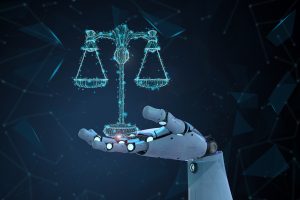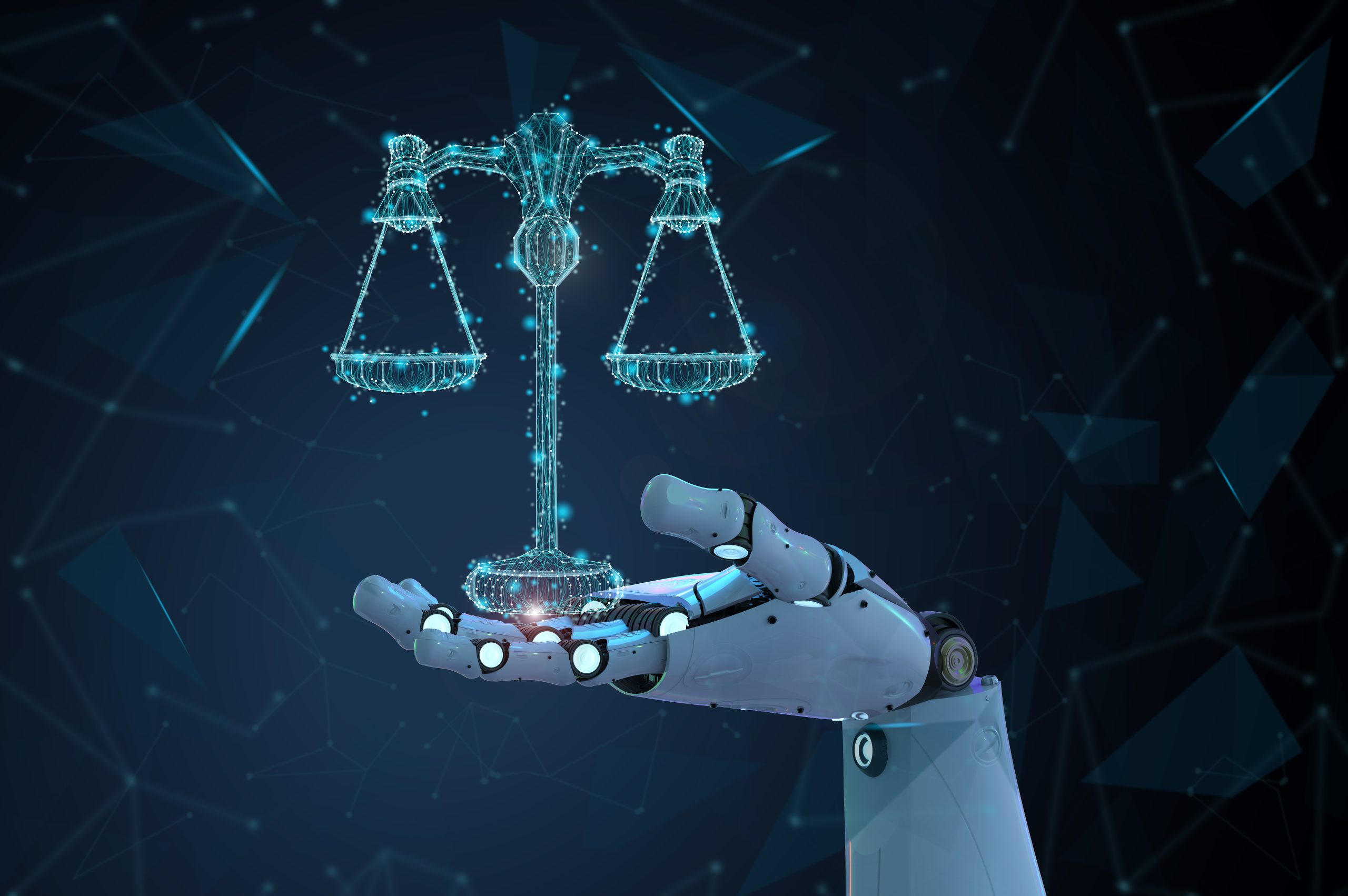AI in Law Firms Today: Real-World Use, Lessons Learned, and What’s Next

The role of artificial intelligence (AI) in law firms has moved beyond theory and experimentation. In 2025, AI is no longer just a trending topic — it’s now a competitive asset. Across practice areas, marketing departments, and operational workflows, law firms of all sizes are using AI to improve productivity, increase revenue, and deliver a more efficient client experience.
While early conversations around AI focused on job displacement or hypothetical automation, today’s firms are implementing practical tools that enhance — not replace — the work of attorneys and legal professionals. In this article, we’ll explore how firms are actually using AI today, highlight case studies from early adopters, unpack what they’ve learned, and take a look at where this technology is headed next.
The Evolving Role of AI in Legal Practice
Law firms have historically approached technology with caution. But the rapid advancement of generative AI, natural language processing (NLP), and machine learning tools — many of which are trained specifically on legal data — have ushered in a new era of opportunity.
AI is now being used in several key areas:
Legal research is one of the most widely adopted applications. Tools like Lexis+ AI, Harvey AI, and Casetext’s CoCounsel use generative AI to answer legal queries, summarize cases, and analyze large volumes of precedent-based data. Associates report saving hours previously spent sifting through case law.
In contract analysis and drafting, platforms such as Ironclad and LawGeex help corporate law teams review NDAs, leases, and vendor agreements faster and with greater consistency. Many firms are using AI to automate the redlining process, reducing manual review and risk.
AI is also helping firms predict litigation outcomes. Litigation analytics tools like Blue J Legal and Lex Machina evaluate previous judgments, local court behavior, and other legal variables to assess the probability of case success. This empowers lawyers to better advise clients and allocate firm resources more strategically.
AI in Legal Marketing and Client Intake
Beyond the courtroom and back office, AI is rapidly reshaping how law firms attract and serve new clients. On the front lines of digital marketing, AI is being used to generate SEO-optimized blog content, write email campaigns, and even generate video scripts tailored to a firm’s tone and practice focus. Tools like Jasper AI and SurferSEO allow law firm marketing teams to scale their content efforts without sacrificing quality.
AI chatbots and smart intake forms are also gaining popularity, particularly for high-volume practice areas like personal injury, family law, and immigration. Chatbots built with platforms like LawDroid or Gideon can qualify leads 24/7, route urgent inquiries to attorneys, and answer common client questions. Some firms are integrating these bots with CRMs to track user behavior and send automated follow-ups based on where the lead is in their journey.
This not only improves conversion rates — it saves valuable time for attorneys and admin staff, freeing them to focus on high-value interactions.
Case Studies: How Law Firms Are Using AI in 2025
Case Study 1: Global Corporate Firm Deploys Harvey AI
A multinational corporate law firm implemented Harvey AI across its litigation and M&A departments. The goal was to support legal research and draft memoranda faster. The result was a 40% reduction in turnaround time for internal research tasks and a noticeable improvement in associate efficiency. However, the firm also learned that AI still needs close human review — especially when dealing with nuanced legal interpretations.
Case Study 2: Boutique Personal Injury Firm Uses Chatbot for Intake
A growing personal injury practice in Phoenix deployed a custom AI chatbot on its website and linked it to SMS outreach. Within three months, the firm saw a 60% increase in consultation bookings and captured significantly more leads during non-business hours. They also discovered that leads who interacted with the chatbot were more likely to convert, as they had already received answers to key questions before speaking to an attorney.
Case Study 3: Employment Law Firm Boosts Content ROI with AI
A mid-sized employment law firm began using Jasper and SurferSEO to help their marketing team generate blog content around trending employment law issues, such as wrongful termination, wage disputes, and return-to-office mandates. By combining AI-generated first drafts with human editing, they doubled their content output and saw a 3x increase in organic traffic within six months. Their lesson: human expertise is still critical — especially when dealing with jurisdiction-specific legal details — but AI can jumpstart the process.
What Law Firms Are Learning Along the Way
The firms that have embraced AI successfully all share one trait: they treat AI as a strategic assistant, not a replacement for human judgment.
They’ve also learned that:
Training and oversight are essential. AI tools work best when staff are trained on how to prompt them effectively, review their output, and incorporate them into workflows.
AI hallucination is real. While modern tools are more accurate, firms still need editorial review processes to catch incorrect or misleading output.
Ethics and compliance must be front and center. Firms must vet tools carefully, understand how data is used, and implement guidelines to stay within ethical and confidentiality boundaries.
Where Is AI in Law Heading Next?
Looking ahead to 2026 and beyond, we expect AI’s role in legal practice to become even more integrated and intelligent. Some of the likely developments include:
Custom firm-trained AI models based on a firm’s own case history and documents
AI-assisted deposition prep, helping attorneys generate question trees and counterarguments
Greater automation in eDiscovery and litigation document prep
AI-generated client portals, providing case updates, timelines, and legal education content
Hyper-personalized marketing, where AI segments audiences based on behavior and delivers targeted content via email, SMS, and social media
As AI becomes more embedded in legal tools and systems, the firms that stay current — and thoughtful — about how to use it will be the ones that thrive.
Final Thoughts: AI is Now a Legal Advantage
In 2025, AI is no longer something to “watch”—it’s something to use. Whether you’re running a boutique litigation practice or managing marketing for a regional law firm, AI offers tools to reduce inefficiencies, improve service, and stay ahead of competitors. But like any tool, its value depends on how intelligently it’s used.
Law firms that combine legal expertise with smart, ethical AI implementation will be the ones that lead this next evolution of the legal industry.
Need Help Integrating AI Into Your Law Firm’s Marketing or Operations?
At Inherent, Inc., we help forward-thinking law firms use AI to improve SEO, automate intake, scale content, and enhance marketing ROI. Whether you’re just getting started or ready to go deeper, we can build a strategy aligned with your goals, tools, and ethics.

